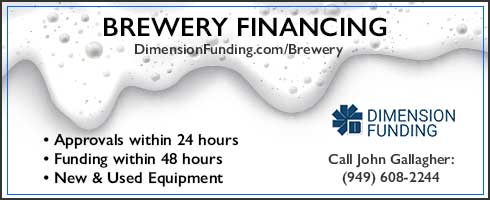Regardless of your nonprofit size, there are several accounting software options available. Nonprofit bookkeeping can seem complicated, but there are several resources to help experienced and novice bookkeepers. Although it is ever-changing as it grows, standard accounting principles remain the same.
Accounting Software
Weekly meetings with an accountant should go over how to adhere to your budget goals and track fund accounting. The American Institute of Certified Public Accountants (AICPA) and the Financial Accounting Standards Board (FASB) have created standard accounting principles (GAAP) for nonprofits to follow. As you collect funds, pay expenses, and prepare reports, keeping these principles in mind is vital. Nonprofit bookkeepers should prepare financial reports regularly, with monthly or quarterly reports helping organizations track their financial health. Annual reports are also crucial https://greatercollinwood.org/main-benefits-of-accounting-services-for-nonprofit-organizations/ for informing stakeholders and ensuring compliance.
Data Entry at its Most Basic
- That is why if you are unfamiliar with the whole process, we present you with a complete guide on bookkeeping for nonprofits.
- Just like for-profit businesses, nonprofits need to spend money on accounting.
- These contributions assist NGOs to meet their operational costs and achieve their goals.
- Many nonprofits struggle to properly separate duties because their staff frequently take on multiple responsibilities.
- As a nonprofit professional she has specialized in fundraising, marketing, event planning, volunteer management, and board development.
The Nonprofit Bookkeeper oversees day-to-day financial transactions, adhering to nonprofit accounting standards. Since nonprofit organizations don’t center on profit but on a nonprofit mission, they have different bookkeeping practices. While the basic bookkeeping principles may apply in both cases, certain seemingly small details make significant differences in how a nonprofit’s finances are done. Many accounting software programs allow you to generate financial statements automatically, such as a statement of financial position.
Financial Reports
However, maintaining tax-exempt status requires ongoing compliance with IRS regulations. Nonprofit bookkeeping is the process of tracking your organization’s day-to-day transactions. Accountants rely on accurate bookkeeping to prepare annual financial statements and tax returns. Non-profit accounting includes financial analysis for presentation to owners and the board of directors. Accountants often obtain advanced degrees and CPA (certified public accountant) licenses, requiring deep technical knowledge. As your nonprofit gets started with bookkeeping, remember that your goal in financial management should always be to further your mission.
- Unlike traditional business accounting, which focuses on profit, nonprofit accounting monitors how organizations use their funds to achieve their mission.
- In those cases, nonprofit bookkeeping includes creating accurate invoices (that account for and collect any required sales tax) to track every sale.
- Beyond basic financial ratios, track indicators that show your resource efficiency and program sustainability.
- Most organizations look for bookkeeping software that covers the basics while also addressing individual needs.
- You might start by reconciling every time you receive a bank statement (usually once a month), then schedule additional time as the size and quantity of your transactions grow.
- Not for profit bookkeeping is the process of recording, organizing, and managing the financial transactions of non profit organizations.
Non-Profit Financial Statements and Reports
Many foundations won’t even Top Benefits of Accounting Services for Nonprofit Organizations You Should Know look at grant applications without audited statements. The Statement of Functional Expenses breaks this down into program costs versus administrative expenses. The Statement of Cash Flows shows you received the money in January but spent it gradually through December. The content provided on this blog is for informational purposes only and is not intended as legal, financial, tax, or professional advice. The opinions expressed by the authors on this blog do not necessarily represent those of Your Blog/Company Name and should not be taken as expert advice. The IRS receives more than 70,000 applications for tax-exempt status every year, so be patient when submitting your application.



